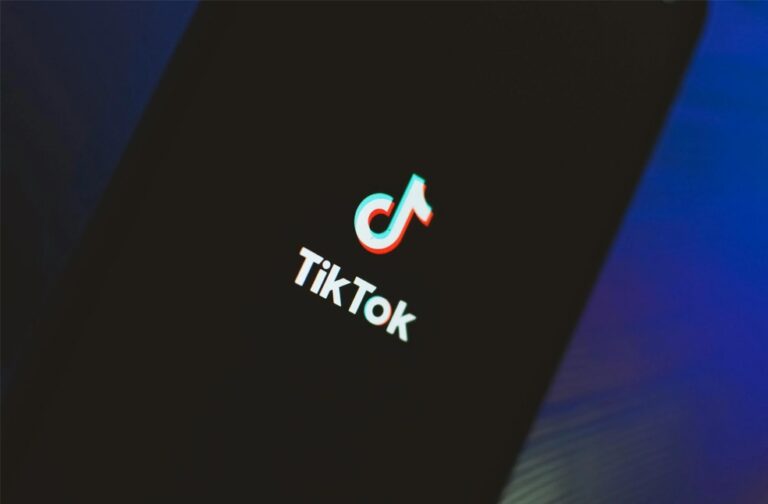Washington DC: US President Donald Trump has granted TikTok a second 75-day extension, delaying a potential ban on the popular video-sharing app while negotiations for a US-based sale continue.
The decision comes as ByteDance, TikTok’s Chinese parent company, attempts to meet the requirements of a US law mandating that it divest its American operations or face a ban.
Trump, writing on Truth Social, said, “We do not want TikTok to ‘go dark’,” and expressed hope that a deal could soon be reached. He added that additional time was needed to secure approvals and finalize the arrangement, signaling ongoing cooperation with both TikTok and Chinese officials.
The extension follows a bipartisan law passed by Congress that gave ByteDance six months to sell its controlling interest in TikTok, citing national security concerns.
The app, which claims over 170 million users in the US, was originally granted an extension when Trump returned to office in January, with the latest deadline previously set to expire Saturday.
ByteDance, in a statement, confirmed continued discussions with the US government but emphasized that “key matters remain unresolved” and that any final deal must also comply with Chinese legal requirements.
The road to a resolution hit a snag earlier this week when Trump announced sweeping global tariffs—including on Chinese goods—the same day a deal was reportedly near completion. Despite the setback, multiple parties have shown interest in acquiring TikTok’s US assets.
"My Administration has been working very hard on a Deal to SAVE TIKTOK, and we have made tremendous progress." –President Donald J. Trump 🇺🇸 @tiktok_us pic.twitter.com/SRB6wr3v76
— The White House (@WhiteHouse) April 4, 2025
Trump stated that his administration is in contact with four interested groups and hinted at a broader deal that could involve tariff relief for China in return for greenlighting the TikTok sale. “We hope to continue working in Good Faith with China,” Trump wrote, while also defending his new reciprocal trade levies as a vital economic and national security tool.
Meanwhile, ByteDance continues to face legal pressure in the US, where TikTok has been accused of enabling Chinese surveillance and influence operations. Critics of the ban, however, argue that it poses a threat to freedom of expression, highlighting TikTok’s vast user base and role in youth culture.
During his previous term in office, Trump had also attempted to force a sale of TikTok, but the effort stalled. President Biden’s administration similarly expressed concerns over TikTok’s data practices, reinforcing bipartisan scrutiny of the app.
The Chinese Embassy in Washington responded to the latest developments by denouncing actions that it says undermine free-market principles.
As tensions rise between economic competition and digital privacy concerns, the future of TikTok in the United States remains uncertain—but the 75-day extension ensures the app will remain accessible while the complex negotiations play out.



